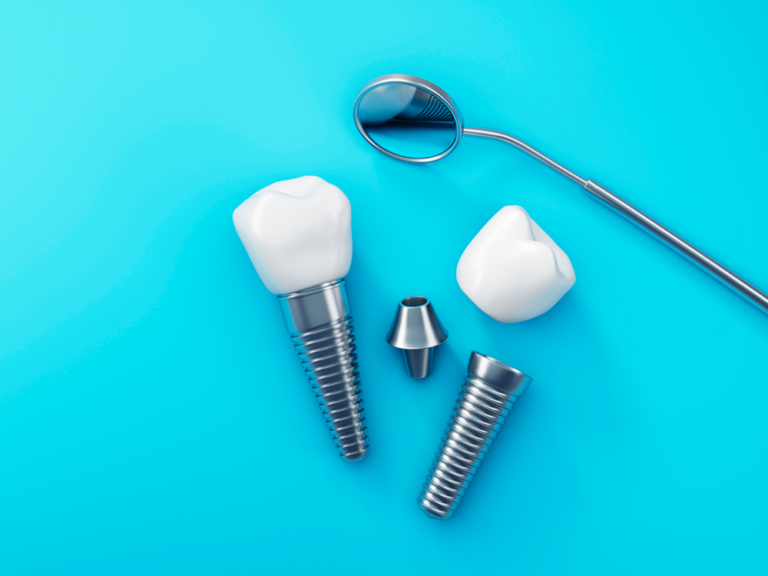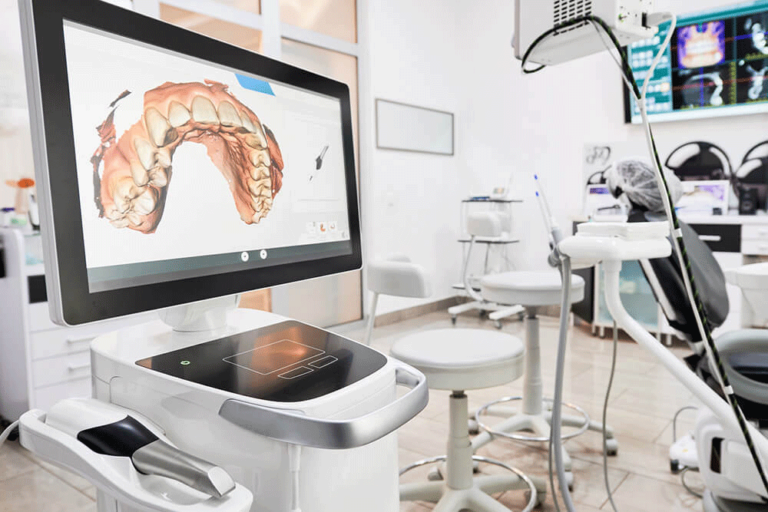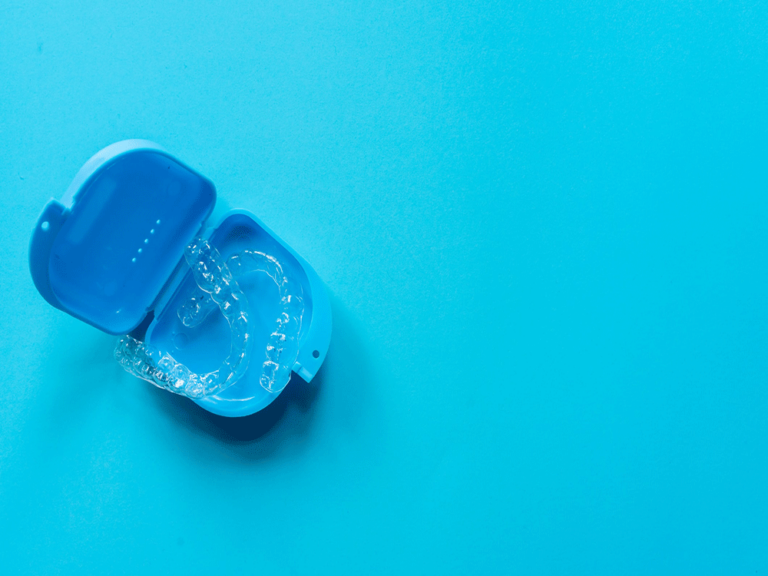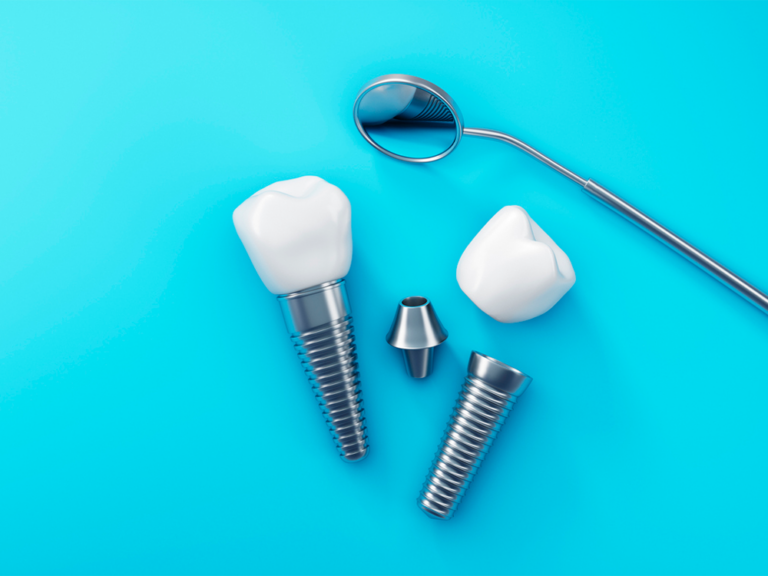Can You Brush Your Teeth After A Tooth Extraction?
Are you unsure of what the do’s and don’ts after a tooth extraction? Read our latest blog to learn more about the process and aftercare.

Are you unsure of what the do’s and don’ts after a tooth extraction? Read our latest blog to learn more about the process and aftercare.

What are dental implants? They are a modern, safe approach to tooth replacement for those missing one or multiple teeth. Learn more.

Learn about the dental technology, CEREC, that our office uses.

Learn more about what issues Invisalign® can fix and determine if it’s the right choice for you.

Dental implants are used to support the replacement of a single tooth or multiple teeth depending on the individual’s requirements and condition. Reading about the pros and cons of the process may help you decide if dental implants are right for you.
638 N. Independence Blvd.
Romeoville, IL 60446
View Map
Monday: 9am–7pm
Tuesday: 11am–7pm
Wednesday: 9:30am–5:30pm
Thursday: 9:30am–5:30pm
Friday (every other): 9am–2pm
Saturday (every other): 8am–2pm
Sunday: Closed
815-886-0075